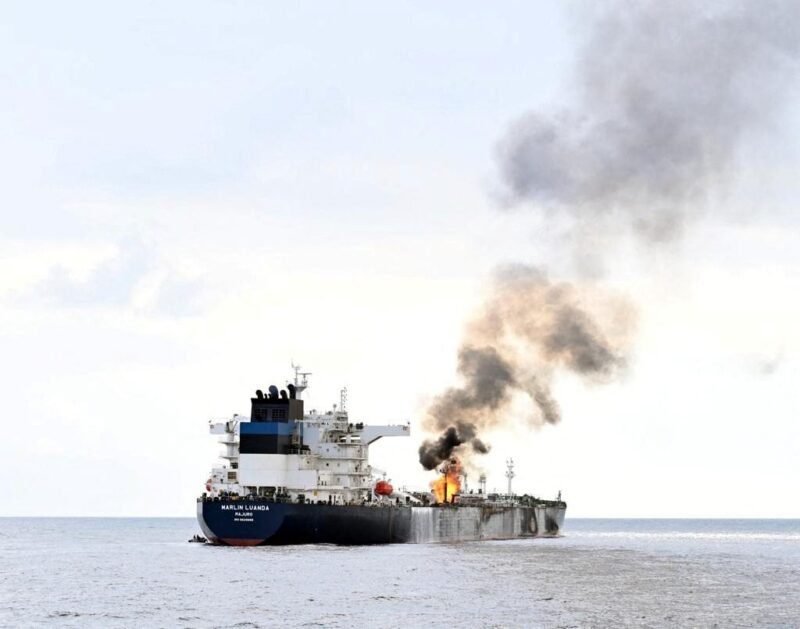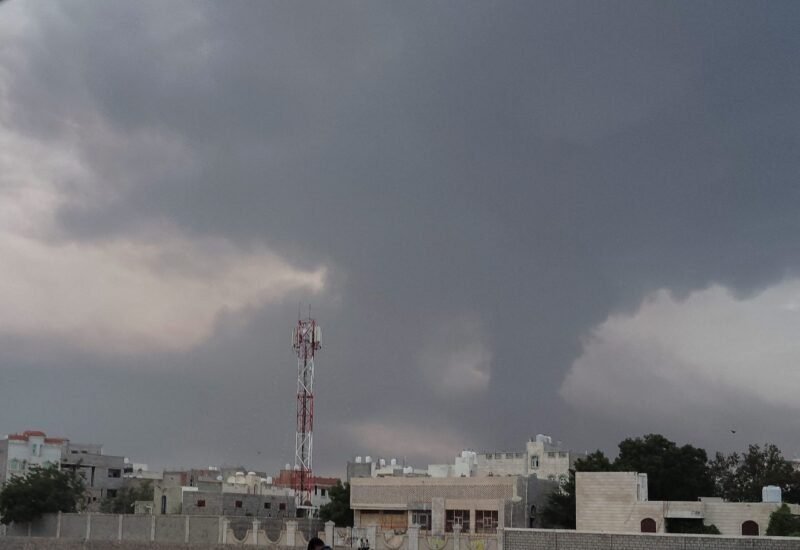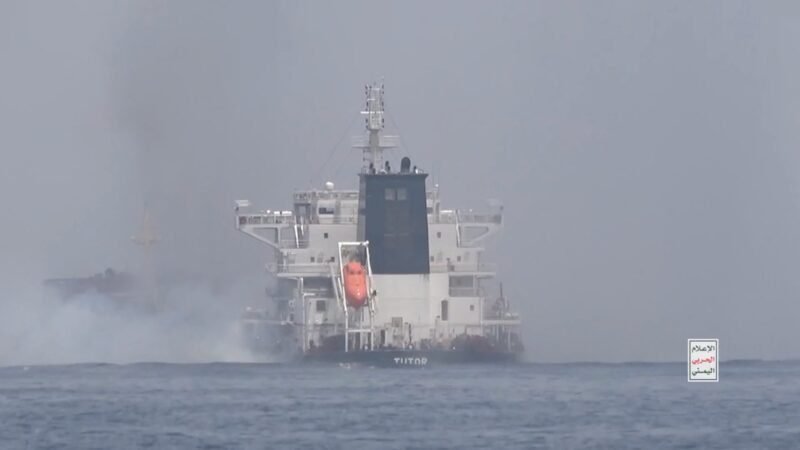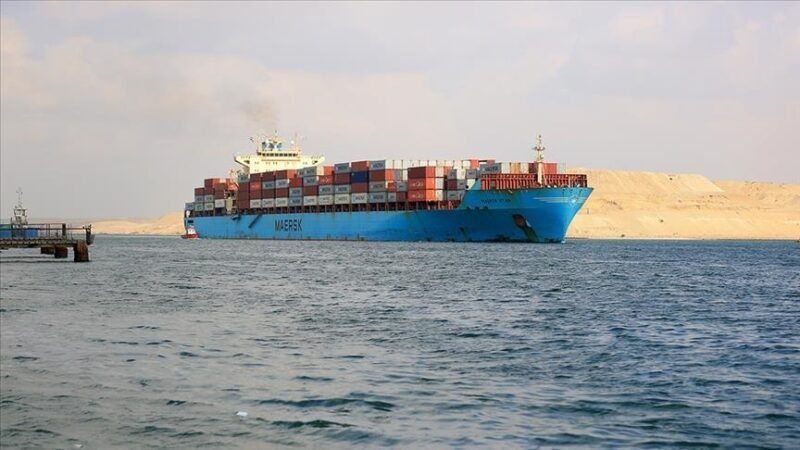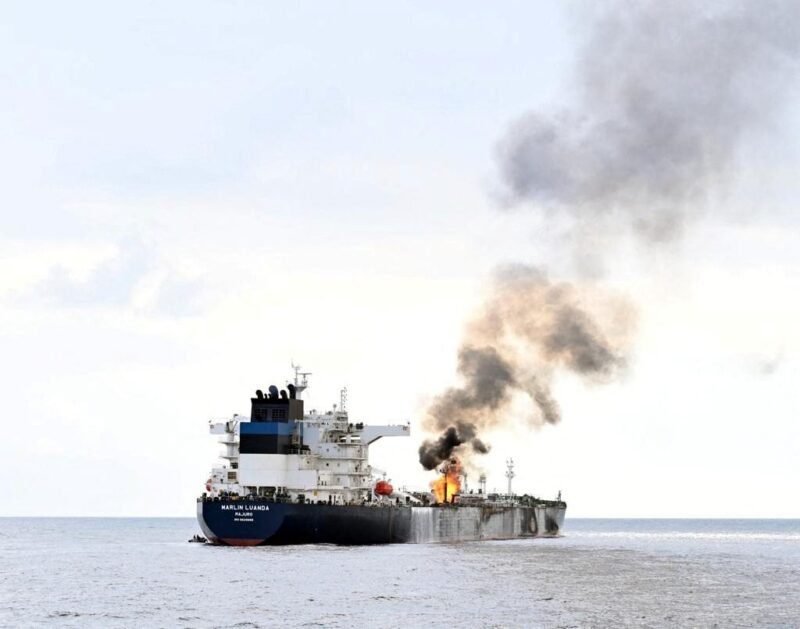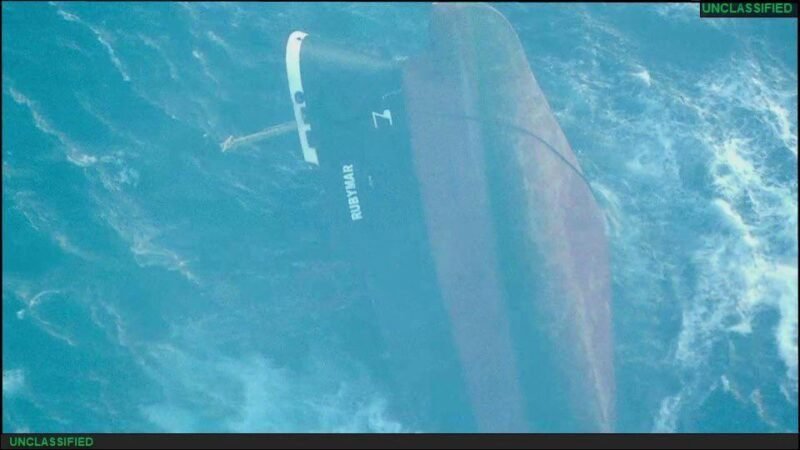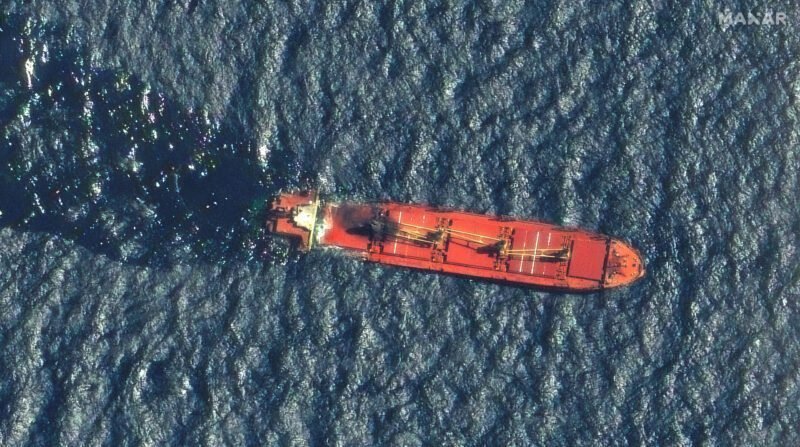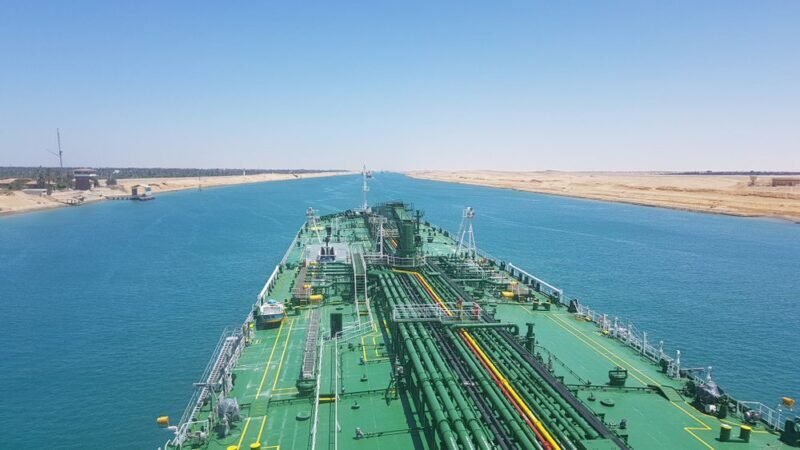A missile attack on a Russian fuel tanker in the Gulf of Aden has shaken the oil market, which had previously been relatively immune to Houthi attacks. The attack signifies that Russian oil shipments in the Red Sea are now at risk, as the Houthis expanded their targets to include ships with ties to the US, Britain, or Israel. The US and Iran-backed proxies’ conflict in Jordan has further heightened tensions.
Despite the attack, it’s unlikely that transit through the Red Sea will stop completely, as it depends on shipowners, crew, and profit. Additionally, not all Russian oil may be targeted, as the Houthis may not have sufficient information on ships with secret ownership structures. However, insurance costs for shipping are expected to increase, potentially leading to more ships taking a longer detour around Africa.
The behavior of Russian-linked owners and crews will be crucial in determining the impact on the global oil market. If they become more reluctant to navigate the area, it could lead to supply problems and higher delivery costs for Russian oil and fuel. This, in turn, may strain the tanker fleet and put pressure on the global oil market.


